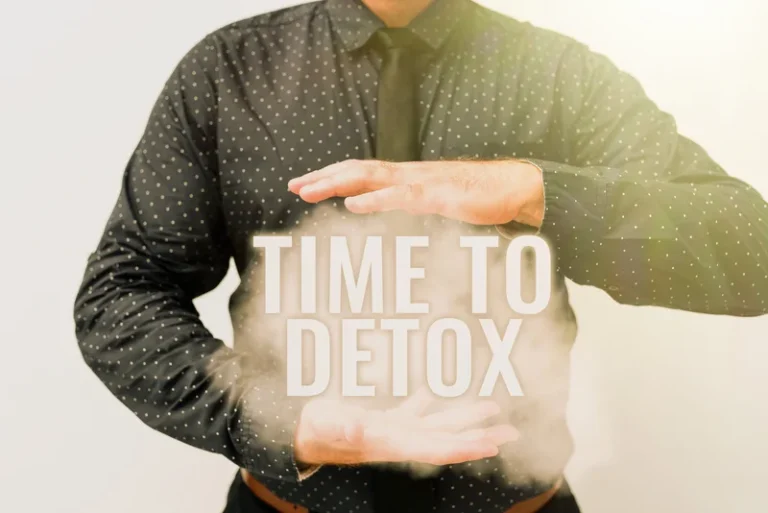
Many people experience anxiety, irritability, depression, intense cravings, difficulty concentrating, and mood swings during withdrawal. If you have concerns about your sleep or alcohol use, talk to your health care provider – they can help evaluate your routines and sleep to note if adjustments should be made. Our advisory board brings together leaders in behavioral health, technology, and business.
Make A Decision That Will Change Your Life
- She enjoys singing and dancing in kirtan and reading ancient Vedic literature like the Bhagavad Gita and the Srimad Bhagavatam.
- Insomnia is a common sleep disorder in which you have trouble falling asleep, staying asleep, or getting quality sleep.
- Alcohol has sedative properties that may help with sleep onset, allowing you to fall asleep faster.
- If you or a loved one are suffering from Insomnia that you believe is tied to an alcohol use disorder, then your problem is likely more severe than you realize.
- Always consult a healthcare provider before mixing any medications with alcohol.
- We believe everyone deserves access to accurate, unbiased information about mental health and recovery.
- Think of your body as a downtown city – buzzing with events and activity.
One treatment available is an oral appliance, which looks similar to a retainer or mouthguard and props the jaw forward during sleep, allowing for better airflow. Insomnia occurs when a person has persistent symptoms related to difficulty falling or staying asleep. It also includes consistent unrestful sleep that occurs despite adequate sleep. Insomnia is linked to detox because it is very common in those going through drug or alcohol withdrawal and in the early stages of recovery.
How to Keep Alcohol From Ruining Your Sleep
This suggests not only that CBTi is effective in reducing insomnia symptoms but that improvements in insomnia may also result in fewer alcohol-related problems. If you’ve enjoyed a lovely three-course dinner with friends — washed down with a few glasses of wine — then it’s the combination of a substantial meal and the alcohol that’ll affect your sleep. Large doses of alcohol produce stupefied and comatose sleep as a primary symptom and sleeplessness as a secondary symptom. But alcoholic sleep is at first snoring as if apoplectic; later, not to be roused. In alcoholic insomnia the patient tosses from side to side during nearly the whole night, getting only broken snatches of sleep attended with frightful dreams.
Non-Restorative Sleep
With a focus on sleep hygiene, relaxation techniques, and comprehensive addiction treatment, rehab provides professional support for a successful recovery journey. While napping might seem like the answer to your fatigue, moderation is crucial during alcohol withdrawal. Short (20-30 minute) naps early in the day can boost your energy in the afternoon without disrupting your https://ecosoberhouse.com/ nighttime sleep cycle. But longer naps or napping close to bedtime can backfire, leaving you feeling even more restless at night. While drinking alcohol before bedtime may help you feel relaxed and sleepy, enjoying a nightcap puts you at risk of experiencing repeated wakings and low-quality sleep later in the night.

So why does alcohol disrupt sleep?

This sleep cycle disruption is what causes the person to feel tired and “fuzzy” the next day insomnia after drinking and can lead to further sleep issues, such as insomnia or alcohol addiction over time. Insomnia is a common sleep disorder that causes difficulty falling or staying asleep. Due to the lack of uninterrupted sleep you can experience overnight, you are more prone to feeling excessively tired throughout the next day. Alcohol abuse also referred to as “binge drinking,” “problem drinking,” or “heavy drinking,” is the 2nd most common form of substance abuse in the US. In other words, most alcohol abusers can reduce or even stop the behavior – if they try.
The Importance of Support Groups
Calming activities like these allow the brain to produce more serotonin. Serotonin helps the brain with willpower management and delaying gratification – meaning it can help curb the appeal of alcohol. You will be more productive, where you can learn and problem solve better. Your ability to control your emotions and behavior will also improve. If you’re in recovery and having sleep problems, the best approach is for you to discuss the situation with your doctor. Your doctor will be able to recommend medications, behavioral therapies, and other approaches to help you overcome the problem.
Remember— Alcohol and Sleep Don’t Mix!
Because of the damage that alcohol can do to your sleep cycles, sleep problems are common, even if you stop drinking. However, you may continue to have trouble sleeping for years after you stop drinking. A person might think that having a drink before bed may help them sleep because alcohol helps them relax.
- But, anything (known or unknown) that disrupts your circadian rhythms (sleep/wake cycles or internal clock) can cause “sleeplessness” or insomnia.
- And once dependence sets in, suddenly stopping drinking can cause a number of reactions.
For menopausal women, in particular, disrupted sleep can trigger or worsen hot flashes. Sleep disturbances disrupt hormonal balance, which affects body temperature regulation. Beyond causing drowsiness and sleep disruptions, alcohol can have other adverse effects on your sleep quality. Alcohol significantly affects rapid eye movement (REM) sleep, a vital sleep stage for cognitive functions like memory consolidation, learning, and emotional regulation. Alcohol suppresses REM sleep, particularly during the first half of the night, reducing the amount of time you spend in this restorative sleep phase. Reduced REM sleep can leave you with brain fog and fatigue the following day.

At Silicon Valley Recovery, our mission is to assist people in regaining their health and moving toward a better future. As a leading detox center, we provide compassionate, evidence-based care to support your transition to a healthier, substance-free life. Have you ever woken yourself up snoring after an evening cocktail or two? That’s because alcohol and sleep apnea often go hand-in-hand—even in people who don’t otherwise have the condition. A new study gives us more insight into how Substance abuse stress, depression, insomnia, and heavy drinking are all linked.